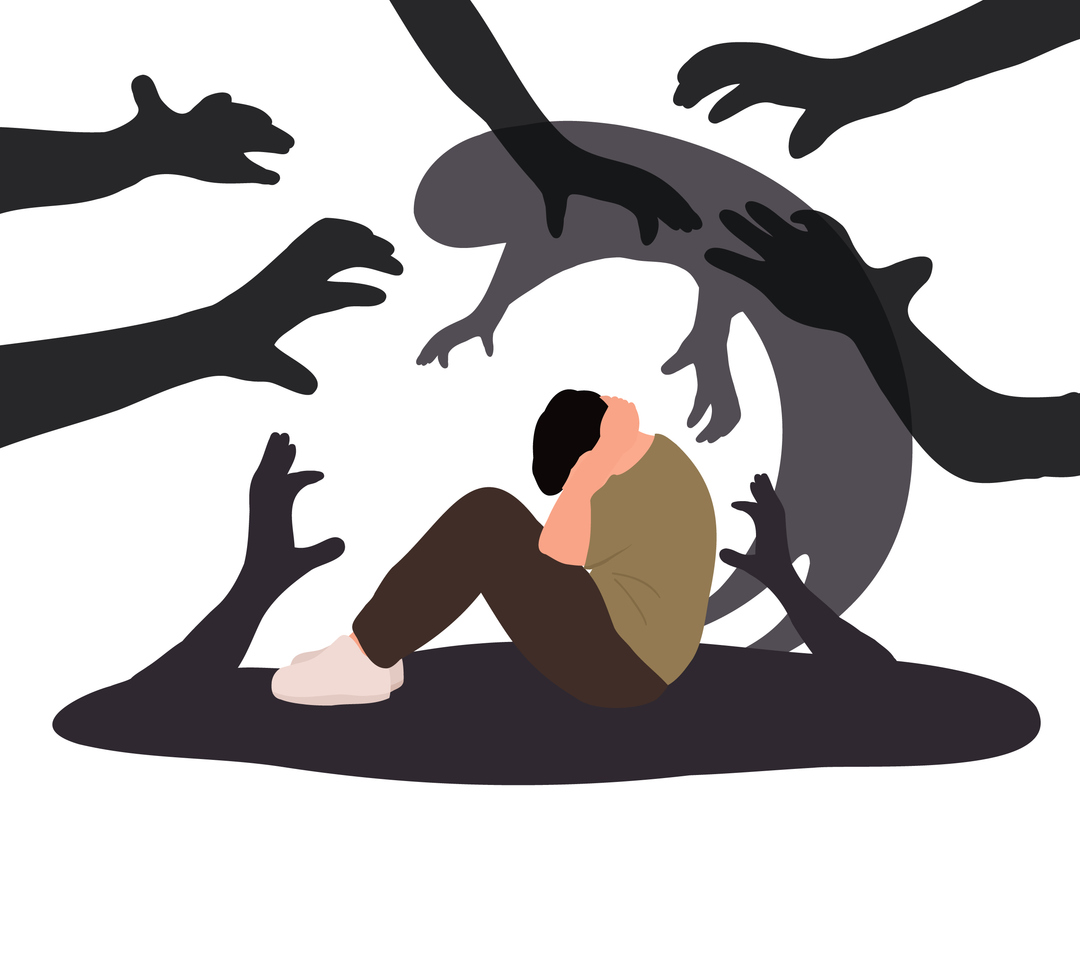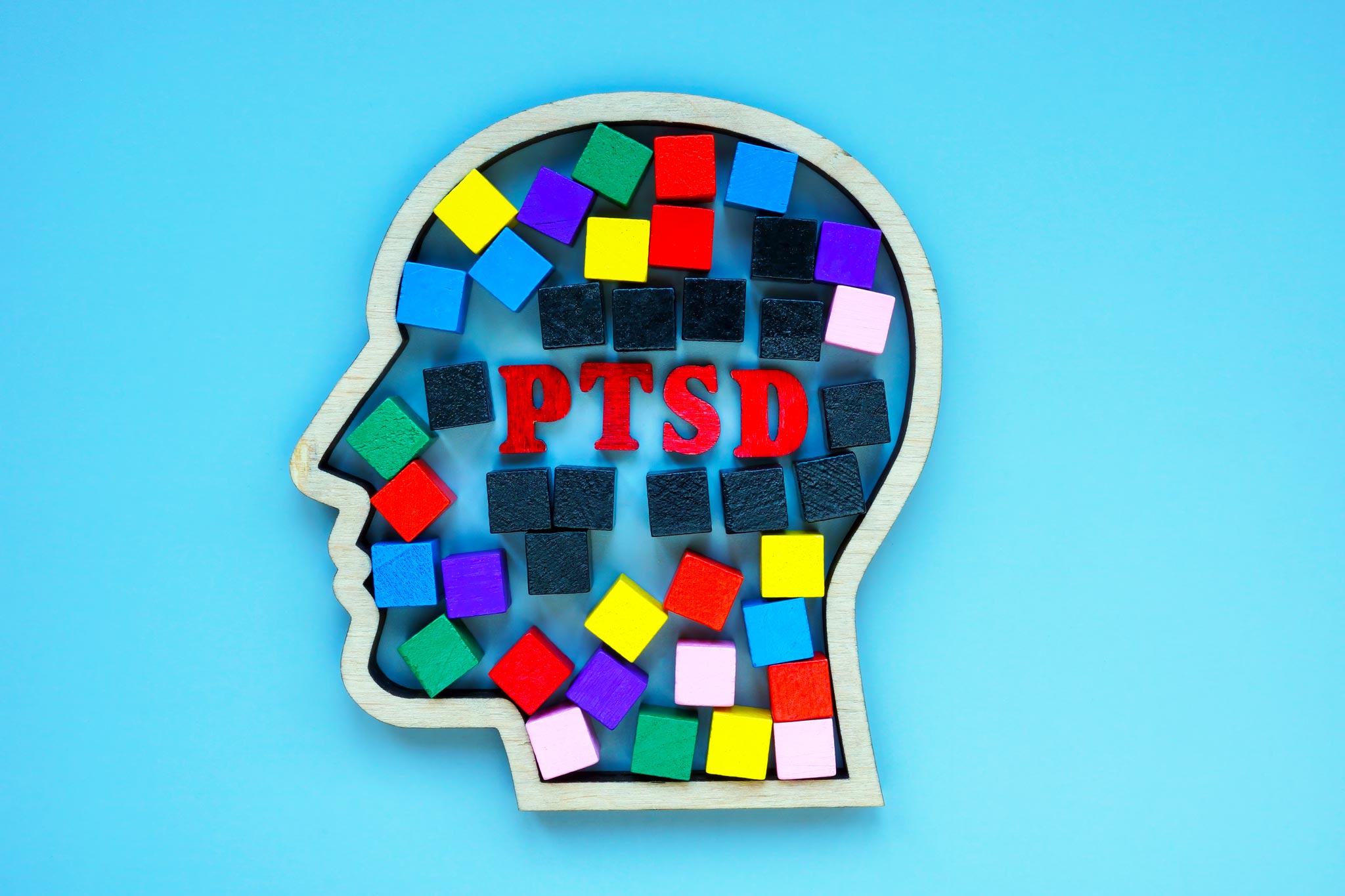Post-Traumatic Stress Disorder (PTSD) Treatment Programs in California
Get Help with Your PTSD
Assessment for Post Traumatic Stress Disorder (PTSD)
Our Treatment Centers Near You
Partial Hospitalization Program (PHP) and Intensive Outpatient Program (IOP)
Depending on what level of care you would most benefit from, you will begin the intake process of the program best fit for you. During intake, we will conduct a biopsychosocial assessment to learn about your condition and address your trauma history and family and cultural background. We work with your personal treatment preferences, such as gender-specific treatment, to place you into the program that works for you.
Each outpatient program (PHP or IOP) offers therapy through a trauma-focused lens, group therapy, case management sessions, and holistic healing. This comprehensive approach provides a thorough treatment plan to treat your PTSD symptoms, supports your mental health, and connects you to a community that understands the severity of a PTSD diagnosis.

PHP
- 2-4 weeks of treatment
- 5 days per week
- 6 hours per day
Monday through Friday

IOP
- 6-8 weeks of treatment
- 3 days a week
- 3 hours per day
Catered to your schedule, Monday through Friday
What to Expect with PHP and IOP for PTSD
Our PHP level of care is our most immersive outpatient program for treatment. As you make progress based on the success of your treatment, you will move into our IOP level of care. Once you’ve completed treatment, you will become an integral part of our alumni community with continual access to support and care.
Our programs provide clinical support with therapy and case management sessions on an individual and group level, as well as medication management and holistic therapy to encompass the full spectrum of PTSD treatment. Each program includes:

Individual Therapy
We use many different methods of therapy through a trauma-focused lens to treat PTSD including cognitive behavior therapy (CBT), dialectical behavior therapy (DBT), eye movement sensitization and reprocessing (EMDR) therapy, somatic therapy and gestalt therapy.

Medication Management

Case Management

Group Therapy

Holistic Groups
Our Virtual/Online IOP for PTSD
Our Outpatient PHP and IOP Programs for PTSD
Our Residential Mental Health Treatment for PTSD
In some cases, your PTSD symptoms can affect your daily life functioning. If you notice you are unable to work, maintain relationships or take care of yourself, you may benefit from our residential program. In our residential facilities, you’ll experience the same therapies as our outpatient options, with extended care and round the clock support from staff and time to focus solely on your healing.
We offer semi-private and comfortable rooms and group outings to reconnect with nature, as well as in-home meals and laundry access. Giving yourself the time and healing environment to work through your PTSD triggers is a great way to reconnect with yourself and get back to your life.
Types of PTSD
Post Traumatic Stress Disorder is considered an umbrella diagnosis for stress related disorders, as there are newer and specific disorders related to PTSD. These disorders include:
- Normal Stress Response – You may experience a normal stress response to a one-time traumatic event. Your symptoms are often overcome quickly with no long-term effects. You may experience disassociation or isolation, experiencing bad memories.
- Acute Stress Disorder – A more severe form of PTSD, you may experience panic attacks, difficulty paying attention, distrust, or inability to maintain relationships, work, or self-care. Usually found in those who have experienced multiple traumatic events or one catastrophic event.
- Uncomplicated PTSD – After experiencing a singular traumatic event, you may experience avoidant tendencies to triggers, mood swings, and changes in feeling safe. This form of PTSD is the simplest treat and responds well to therapy.
- Complex Post Traumatic Stress Disorder (CPTSD) – The most extreme of the condition, CPTSD usually stems from multiple traumatic experiences in your childhood. These can include persistent periods of abuse, and dysfunction in the family and can lead to other diagnoses like borderline personality disorder.
- Comorbid PTSD – You may experience other disorders alongside your PTSD such as substance abuse, depression, or anxiety disorders, as this is fairly common with this condition. Treating both disorders comorbidly is the best way to achieve healing.
If your PTSD symptoms are contributing to substance abuse issues, our residential and outpatient dual diagnosis treatment programs are built to treat both of these conditions for a thorough and comprehensive path to mental and physical wellness.
Our Other Services
We provide the full spectrum of treatment for mental health and substance use disorders including anxiety, depression, OCD, alcohol and drug addiction, and more. Learn more about our other services:
Get Started Today
For more information about our services, to schedule a tour, or to find out if your treatment is covered by your health insurance, contact our expert clinical team today by completing the form below.
Frequently Asked Questions
-
How to know if you have PTSD?
You’ll know when you have PTSD if you experience intense and recurring flashbacks of a traumatic event with associating physical symptoms. Some symptoms are not easily identifiable, but if you find you are unable to work, maintain relationships or basic self-care such as brushing your teeth or showering, seeking help from a mental health professional is the next step to getting your life back.
-
What’s the best medication for PTSD?
The most common medications for PTSD are SSRI’s such as Sertraline. Depending on the severity of your symptoms, your mental health professional will work with you to find the best treatment option and medication to ease the symptoms of your PTSD.
-
What causes PTSD?
PTSD is caused by a traumatic event that significantly effects your life. Whether you experience it directly or indirectly, the symptoms can last anywhere from a few weeks to lasting for years if left untreated. There are many effective PTSD Treatment options available to help you ease your PTSD symptoms today.




















